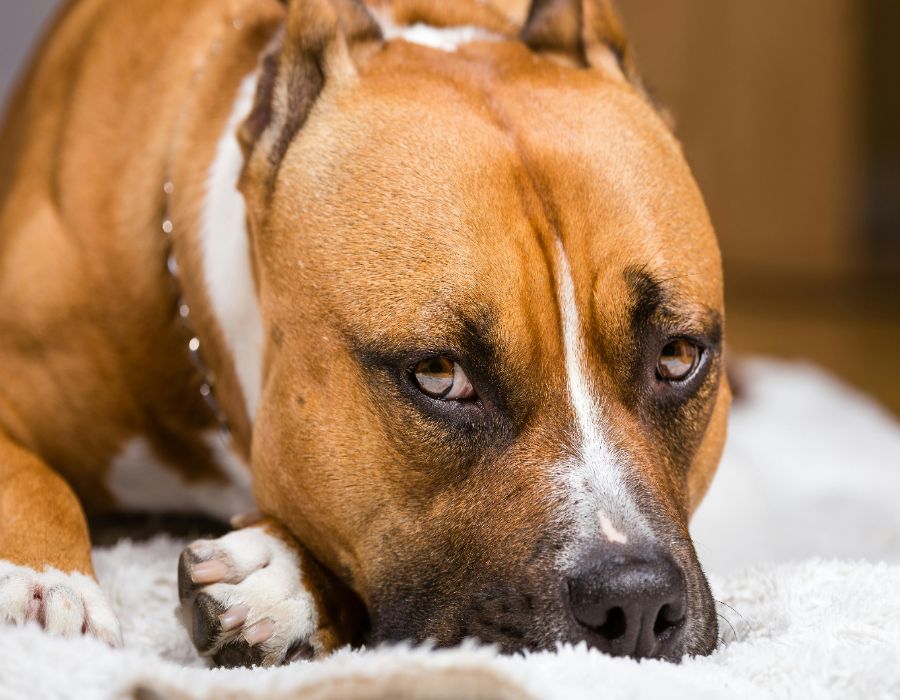12 Signs That Your Dog Might Need Some Extra Care
Dogs are known for their loyalty and affection, but sometimes they don’t show when they are feeling unwell or uncomfortable. As a responsible pet owner, it’s essential to watch for changes in your dog’s behavior or health that could indicate they need some extra care. From subtle changes to more obvious symptoms, here are 12 signs that your dog might need some extra attention and veterinary care.
1. Loss of Appetite

A sudden loss of appetite or refusal to eat can be a sign that something is wrong with your dog’s health. This could be due to digestive problems, dental issues, stress, or more serious conditions like kidney disease or cancer. If your dog goes without food for more than 24 hours, it’s important to consult a vet.
2. Lethargy or Unusual Tiredness

If your dog is usually active but suddenly becomes lethargic or shows signs of unusual tiredness, this could indicate an underlying health problem. Dogs with heart disease, anemia, or infections often experience fatigue. If the lethargy persists, it’s essential to seek veterinary care to rule out serious health conditions.
3. Excessive Thirst or Urination
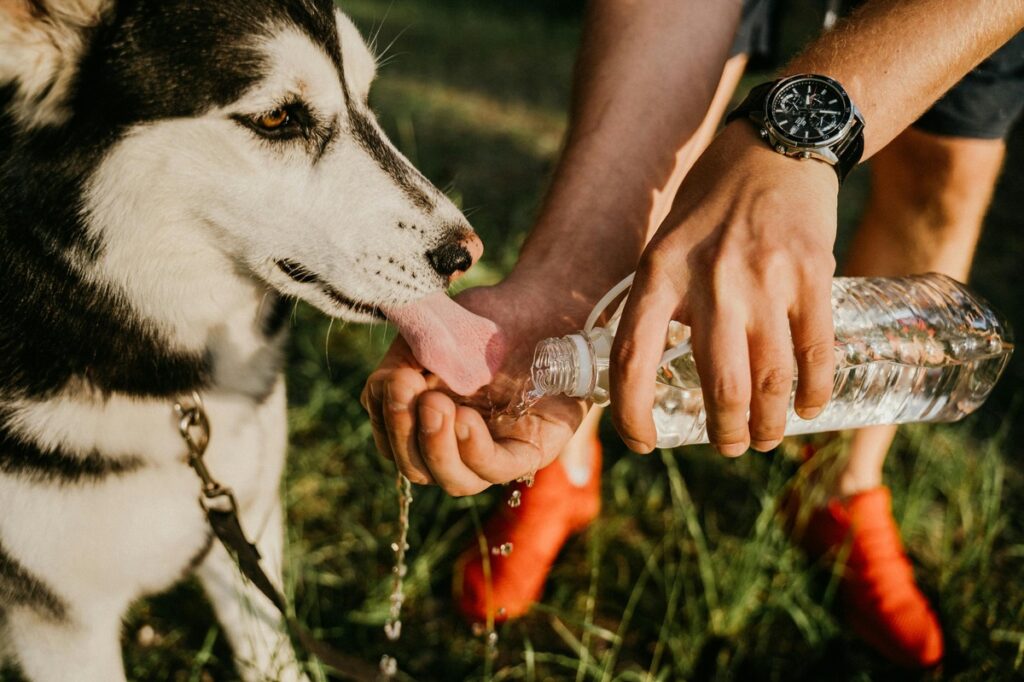
Increased thirst or excessive urination can be signs of diabetes, kidney disease, or a urinary tract infection (UTI). If your dog is drinking much more water than usual or needs to urinate more frequently, you should schedule a vet appointment to check for underlying conditions.
4. Coughing or Wheezing

If your dog is coughing frequently, especially if it’s accompanied by wheezing or difficulty breathing, it could be a sign of a respiratory infection, asthma, or even heart disease. Dogs with kennel cough or canine flu can also experience coughing. Persistent coughing should always be checked by a veterinarian.
5. Vomiting or Diarrhea

Occasional vomiting or diarrhea isn’t necessarily a cause for alarm, but frequent episodes can be a sign of a digestive issue, food intolerance, infection, or intestinal parasites. If your dog’s vomiting or diarrhea lasts more than a day, or if they appear lethargic or dehydrated, it’s important to visit the vet.
6. Excessive Scratching or Licking

If your dog is scratching or licking excessively, this could indicate allergies, skin infections, parasites like fleas or ticks, or dry skin. Persistent scratching can cause sores or hot spots, so it’s essential to have your dog checked by a vet to determine the cause and get appropriate treatment.
7. Changes in Behavior
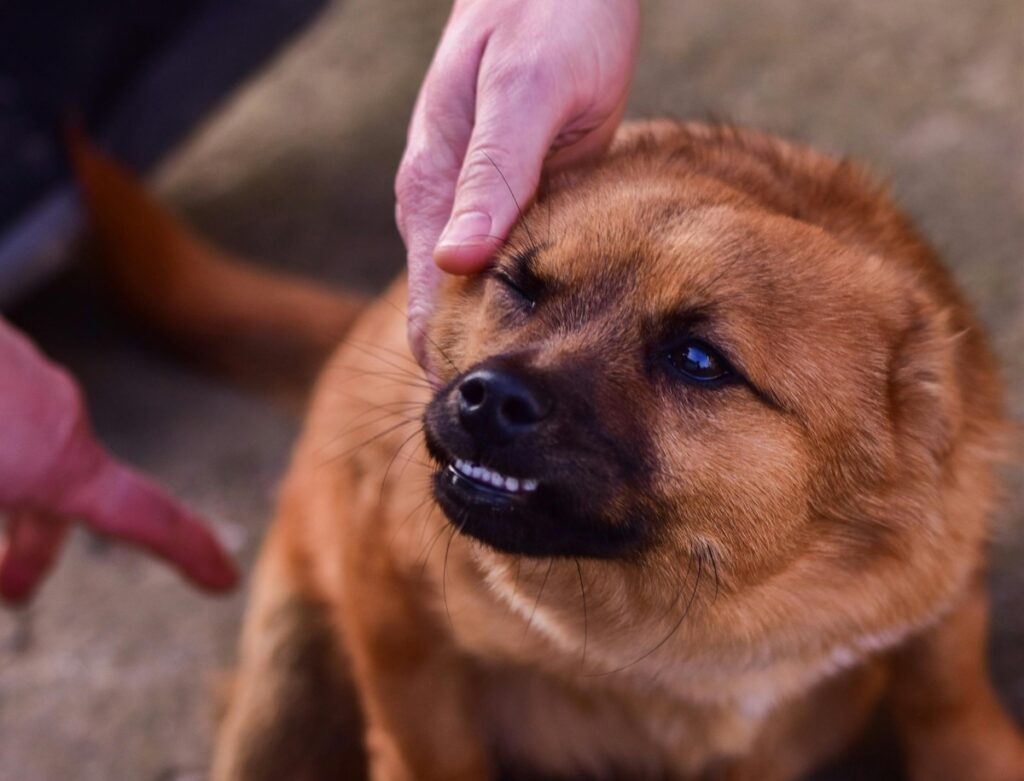
Sudden changes in your dog’s behavior can signal that they are not feeling well. If your dog becomes aggressive, nervous, or anxious without any apparent reason, it may be due to pain, discomfort, or neurological issues. Pay attention to these signs and consult a veterinarian to ensure your dog’s health isn’t being affected by something more serious.
8. Bad Breath

While dogs don’t always have the freshest breath, foul-smelling breath (also known as halitosis) can be a sign of dental disease, gum infection, or even kidney problems. If your dog’s breath smells unusually bad, it’s important to have their teeth checked by a vet, as oral health is crucial for their overall well-being.
9. Difficulty Moving or Limping
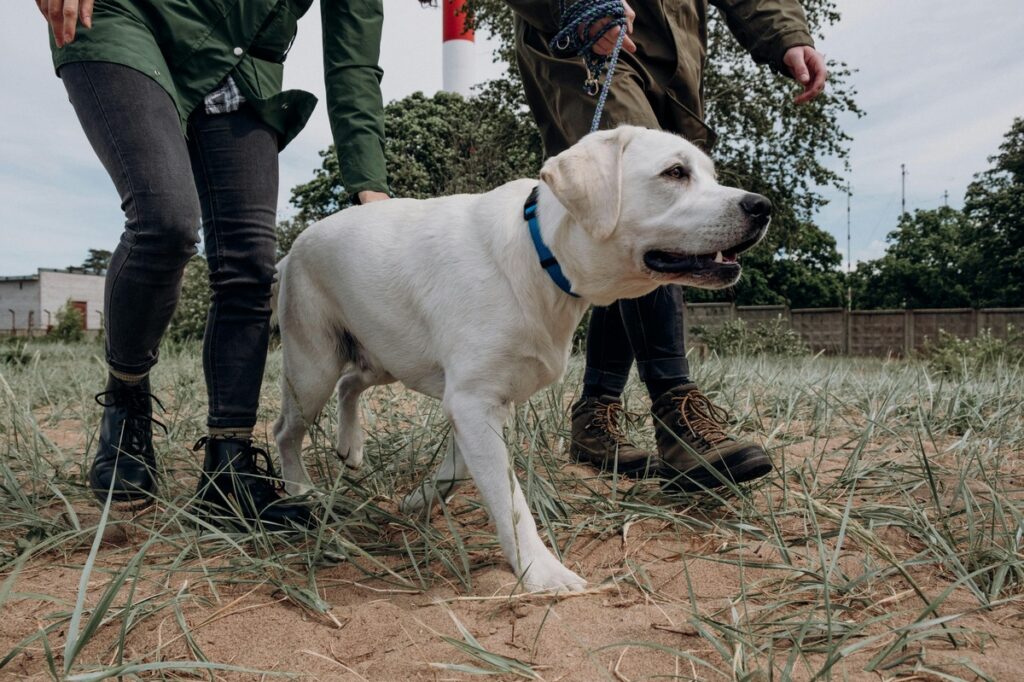
If your dog is suddenly limping, having difficulty moving, or seems stiff after resting, it could indicate joint issues, such as arthritis or hip dysplasia. Senior dogs are especially prone to arthritis, and early intervention can help alleviate their discomfort. If your dog’s mobility changes suddenly, it’s important to get them evaluated.
10. Abnormal Weight Loss or Gain
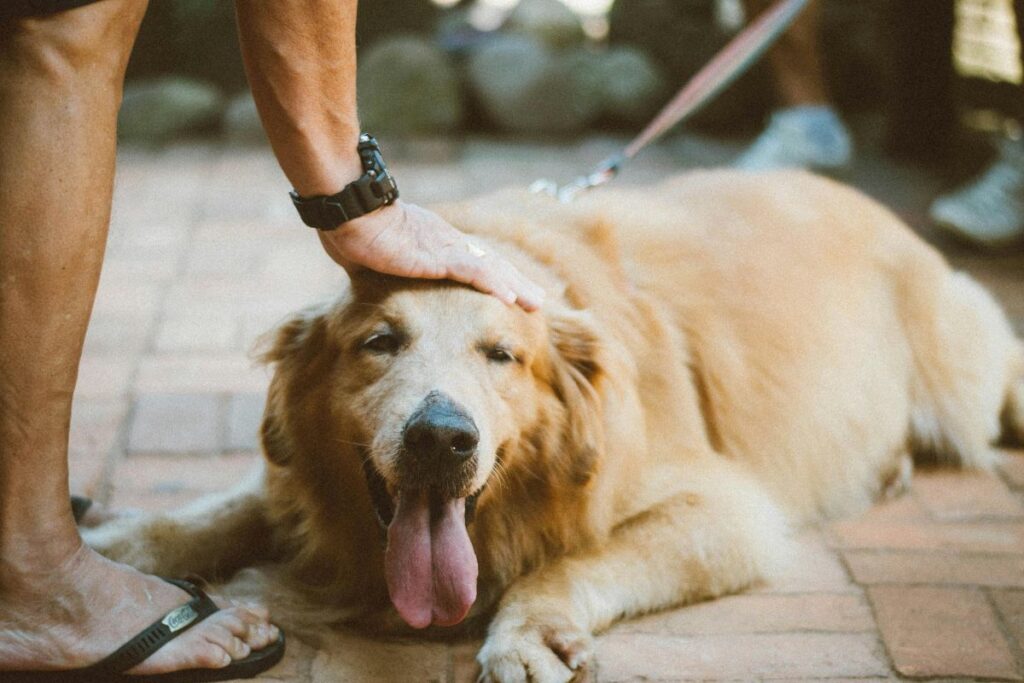
Sudden weight loss or weight gain can be a sign of health issues. Weight loss could be due to malnutrition, intestinal parasites, or more serious conditions like cancer or hyperthyroidism. On the other hand, unexpected weight gain can be a sign of hormonal imbalances or heart disease. Monitoring your dog’s weight and addressing any rapid changes is key to their overall health.
11. Changes in Coat or Skin

If your dog’s coat starts to look dull, becomes thin, or sheds more than usual, it could indicate nutritional deficiencies, hormonal imbalances, or skin conditions like dermatitis. Dry, flaky skin or hair loss can also be a sign of allergies or parasites. A visit to the vet can help determine the cause of these changes and provide appropriate treatment.
12. Pale Gums or Panting

If you notice that your dog’s gums are unusually pale or if they are panting excessively without any obvious cause, it could indicate anemia, heart problems, or respiratory issues. Dogs that are having difficulty breathing or experiencing excessive panting should be evaluated by a vet as soon as possible.
Conclusion

Dogs are masters at hiding discomfort and pain, so it’s important for pet owners to be vigilant and watch for signs that their dog might need extra care. Whether it’s a change in behavior, physical discomfort, or unusual symptoms like vomiting, excessive thirst, or difficulty moving, any of these signs should be taken seriously. By paying close attention to your dog’s health and seeking veterinary care when needed, you can ensure that they live a long, happy, and healthy life. Regular check-ups and prompt treatment for any signs of illness can help keep your dog in top condition for years to come.

